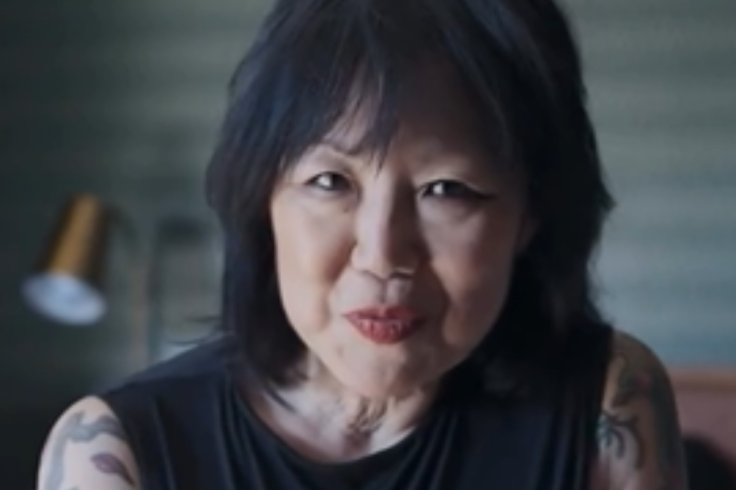Margaret Cho Says Ellen 'Erased' Her in Public While Queer Spaces Excluded Women of Colour
Cho's candid remarks spark wider reflection on racial exclusion and erasure within LGBTQ+ spaces

Margaret Cho has spoken candidly about feeling erased by Ellen DeGeneres and overlooked within queer spaces, despite her decades-long career as a trailblazing Asian American comedian and LGBTQ+ advocate.
Speaking on the Out in Hollywood podcast earlier this month, Cho said DeGeneres 'wasn't nice' to her and described how queer spaces, particularly in entertainment, have often excluded women of colour like herself.
What Margaret Cho Said About Ellen DeGeneres
'She just wasn't nice to me,' Cho said. 'I don't know what her problem was.' She recalled moments when DeGeneres acted as though she did not exist, even when they were in the same room.
'It was like she erased me,' she added. Cho's tone remained calm and composed as she reflected on feeling shut out by someone who, like her, was seen as a pioneer in breaking barriers for LGBTQ+ visibility.
The Bigger Issue: Lack of Inclusion in Queer Media
Although Cho's comments drew headlines, her criticism went beyond one person. She used the opportunity to highlight a larger, ongoing issue: the lack of inclusivity in queer spaces, particularly in media and entertainment.
For years, LGBTQ+ representation in mainstream media has largely centred on white voices. Cho noted that those who did not fit that mould, especially queer women of colour, were often excluded.
'I was the only one,' she said. 'The only Asian American, the only queer Asian person in comedy.' Cho's statement was not meant for dramatic effect but to share a lived truth. Being the first did not mean she felt included.
A Groundbreaking Career That Deserves More Recognition
Despite her historic achievements, including her starring role in the 1994 sitcom All-American Girl and her decades of LGBTQ+ advocacy, Cho said she often felt overlooked—even within the communities she supported.
'Even when I was there, I was invisible,' she said. 'There was no space for me to belong.' Her words resonated with many listeners, highlighting how systemic exclusion can persist even in spaces claiming inclusivity.
How the Public Reacted
The podcast episode quickly gained traction online. Social media users shared clips, quoted her remarks, and posted messages of support.
'She deserves to be remembered for what she's done, not just what she had to survive,' one user wrote. Others shared similar feelings of being unseen within their own communities, saying the issue was not just about representation, but recognition.
Why Margaret Cho's Voice Matters Now
Cho did not speak out to provoke drama. Instead, she offered a powerful reminder that visibility alone is not enough and that real inclusion requires ongoing effort.
As someone who paved the way for future generations, Cho has earned the space to reflect honestly. Her story challenges the idea that queer spaces are inherently inclusive, pointing out how performative diversity can still exclude those who do not fit the mainstream image.
What the Industry Can Learn
Cho is not asking for applause. She is asking for awareness. Her message calls on audiences and media industries alike to think critically about who gets celebrated, who is remembered, and who is left behind.
As the entertainment world continues to evolve, her words serve as a wake-up call: inclusion must be intentional, and recognition must extend beyond the familiar faces.
© Copyright IBTimes 2025. All rights reserved.




















